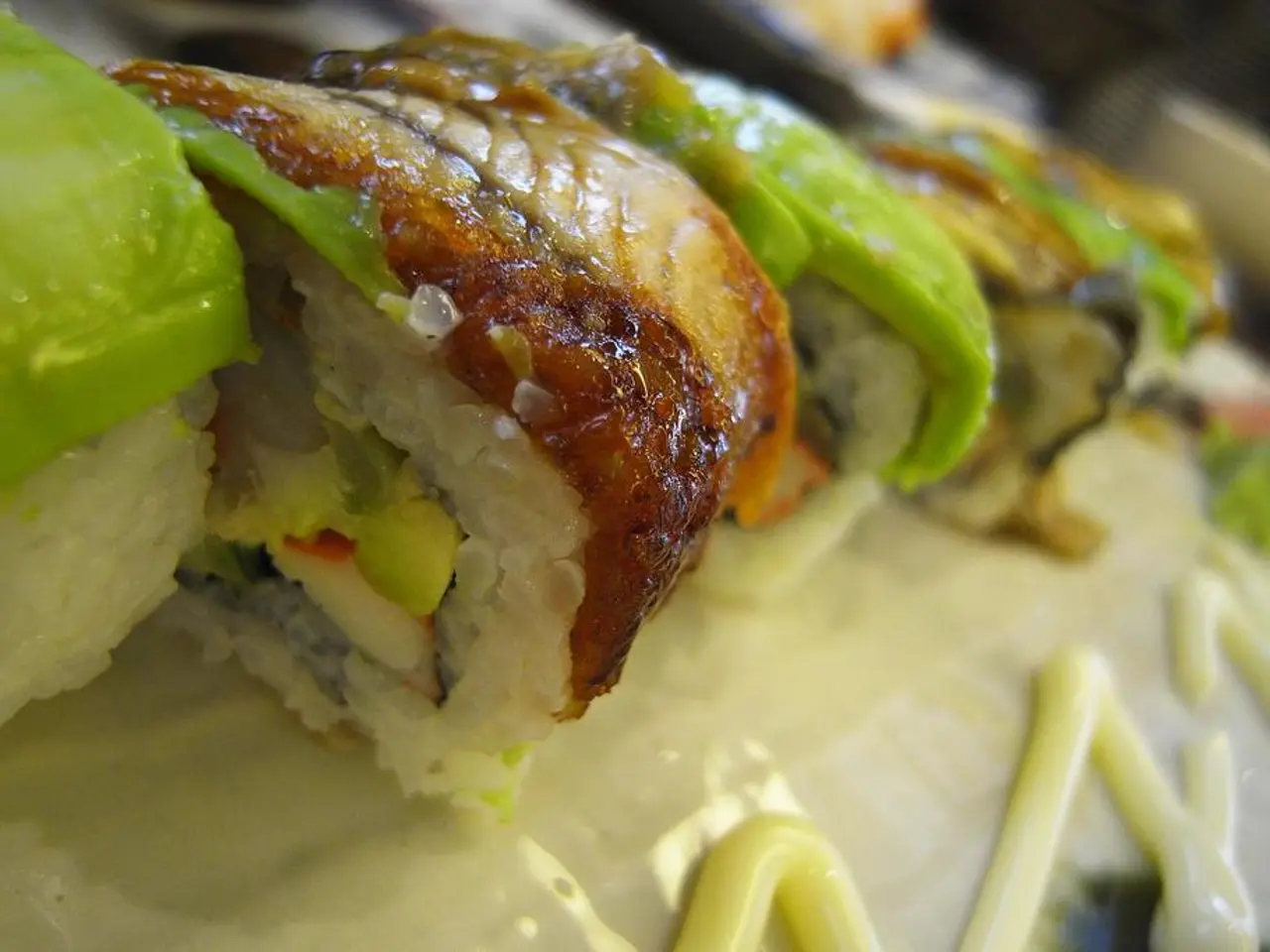Four nutritious foods that can aid in cancer prevention
A diet rich in plant-based foods, whole grains, and limited processed foods can significantly reduce the risk of cancer, particularly colorectal cancer. This is due to multiple biological mechanisms that protect the body from cancerous growths.
One key component in this protective diet is beans. Beans, particularly soybeans, black beans, red kidney beans, and chickpeas, are packed with nutrients that combat cancer. Soybeans have the highest concentration of isoflavones, which show promise in reducing hormone-related cancer risks. Black beans contain anthocyanins, which help protect DNA from damage and reduce cancer-promoting inflammation. Red kidney beans provide quercetin, a flavonoid with demonstrated ability to reduce cancer cell proliferation and induce apoptosis. Chickpeas are high in saponins, compounds that may prevent cancer cells from multiplying and spreading.
The fiber-rich nature of beans plays a crucial role in colorectal cancer prevention. Dietary fiber fosters a healthy gut microbiome, which produces beneficial metabolites that reduce inflammation and protect the cells lining the colon from becoming cancerous. Incorporating three servings of beans weekly into a diet can potentially help reduce the risk of colorectal cancer.
Fruits and vegetables, particularly those consumed in high amounts, are also associated with significantly lower rates of numerous cancers, particularly those affecting the digestive and respiratory systems. The cancer-protective effects vary by color, with each hue representing different phytonutrients: red, orange/yellow, green, blue/purple, and white/brown.
Whole grains, such as oats, brown rice, and whole wheat, are not only a great source of fiber but also offer remarkable cancer-protective benefits. Consuming 3-5 servings of whole grains daily is linked to significantly lower rates of several cancer types, particularly those affecting the digestive tract. Beyond cancer protection, regular whole grain consumption is linked to reduced inflammation, better blood sugar regulation, healthier gut microbiome diversity, and lower rates of cardiovascular disease.
Seafood, particularly fatty fish like salmon, mackerel, and herring, also contribute to a cancer-protective diet. These fish are rich in omega-3s, which have shown promise in reducing the risk for several cancer types. Herring offers about 2 grams of omega-3s per serving and is one of the best food sources of vitamin D. Wild-caught salmon provides approximately 2.2 grams of omega-3s per 3.5-ounce serving, along with astaxanthin, a potent antioxidant. Mackerel contains about 2.5 grams of omega-3s per serving and is particularly rich in selenium.
Turmeric, a spice commonly used in cooking, contains curcumin, which has demonstrated remarkable anti-cancer effects in laboratory studies. Sardines, with their edible bones, provide calcium and vitamin D, and some research suggests that these nutrients may have cancer-protective effects.
In conclusion, a diet that includes regular servings of beans, whole grains, fruits, vegetables, and seafood can help reduce the risk of colorectal cancer and other types of cancer. By fostering a healthy gut microbiome, reducing inflammation, and providing essential nutrients, these foods support overall health and wellbeing.
Medical-conditions like cancer can be managed through a healthy diet rich in nutrition, and beans play a key role in this. Soybeans, black beans, red kidney beans, and chickpeas contain isoflavones, anthocyanins, quercetin, and saponins, respectively, which combat cancer. Incorporating a healthy-diet with three servings of beans weekly can potentially help reduce the risk of colorectal cancer. Additionally, fruits, vegetables, whole grains, and seafood like salmon, mackerel, and herring, due to their rich nutritional profiles, also contribute to cancer prevention and overall health-and-wellness.




